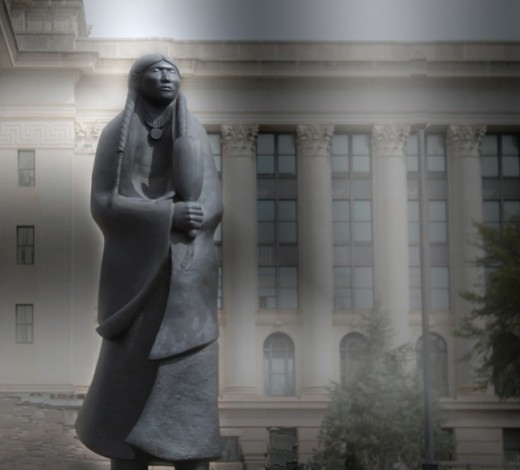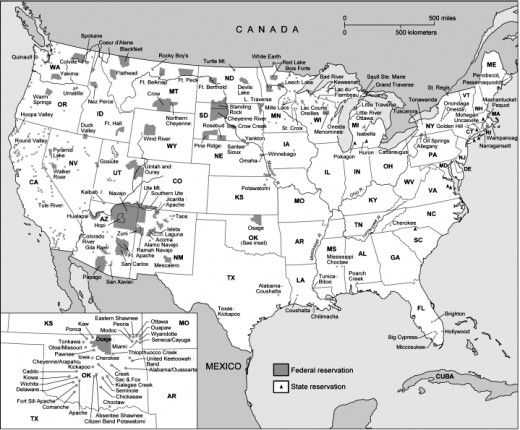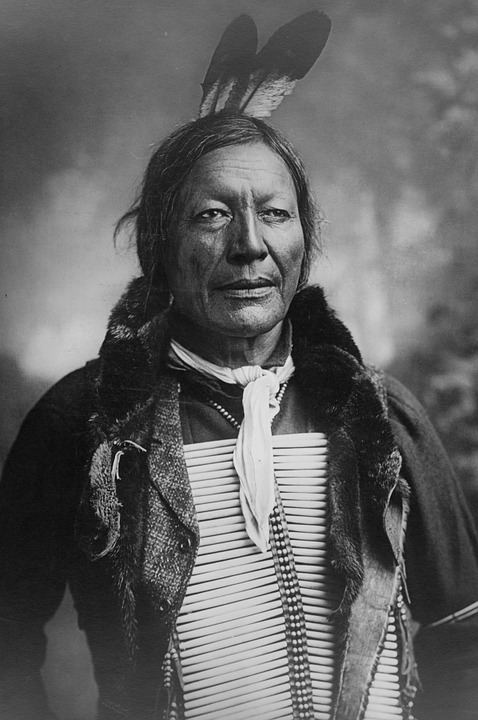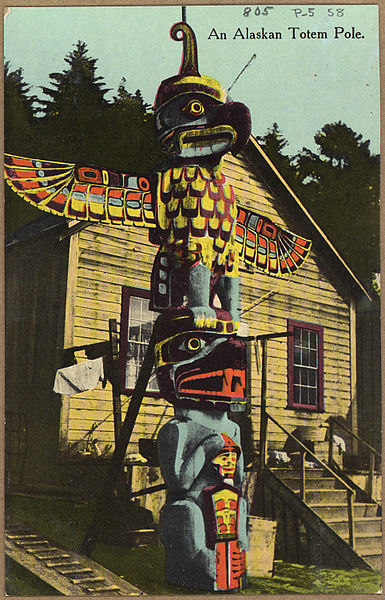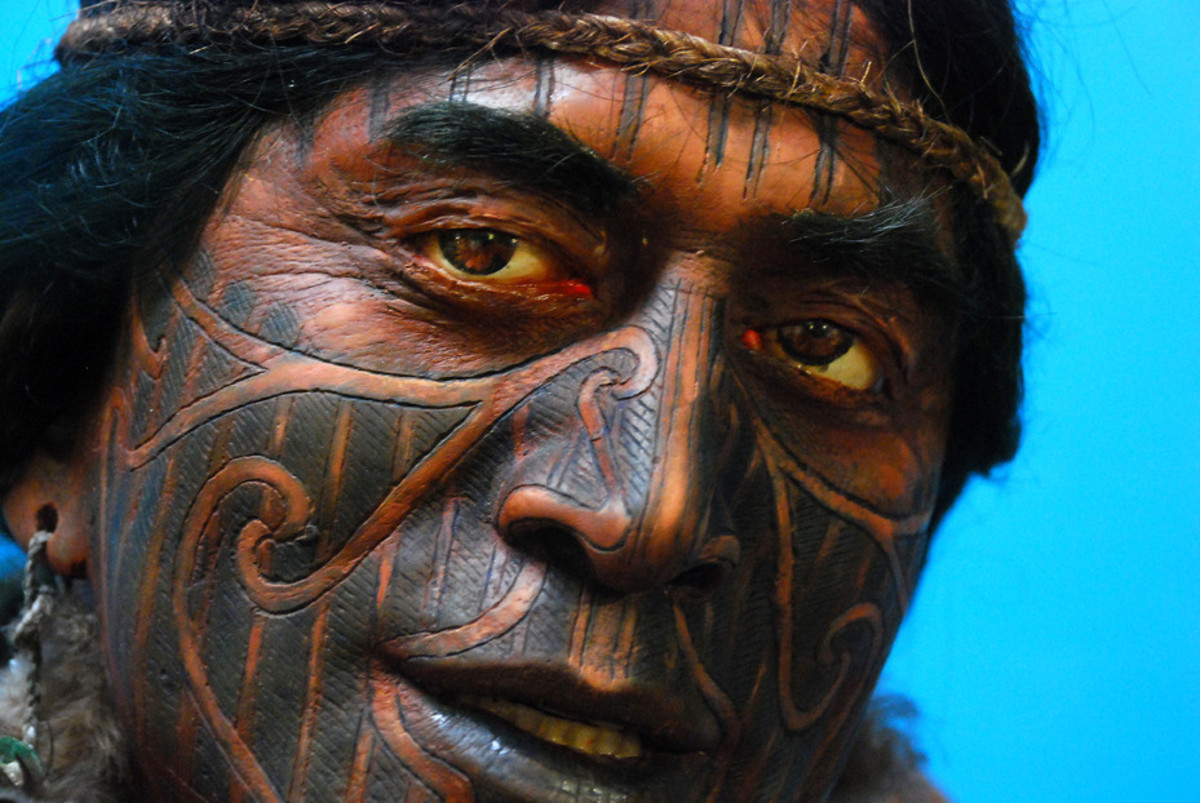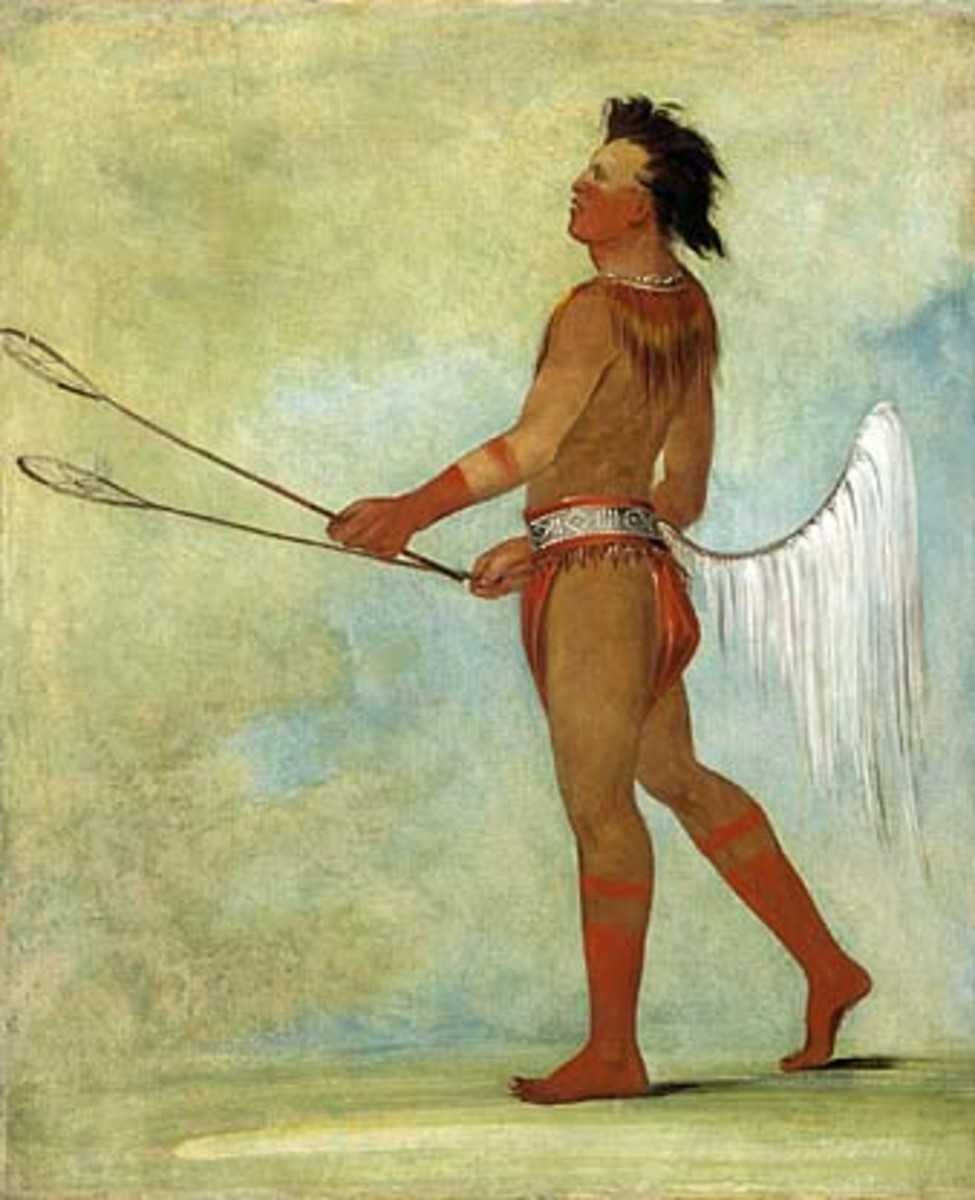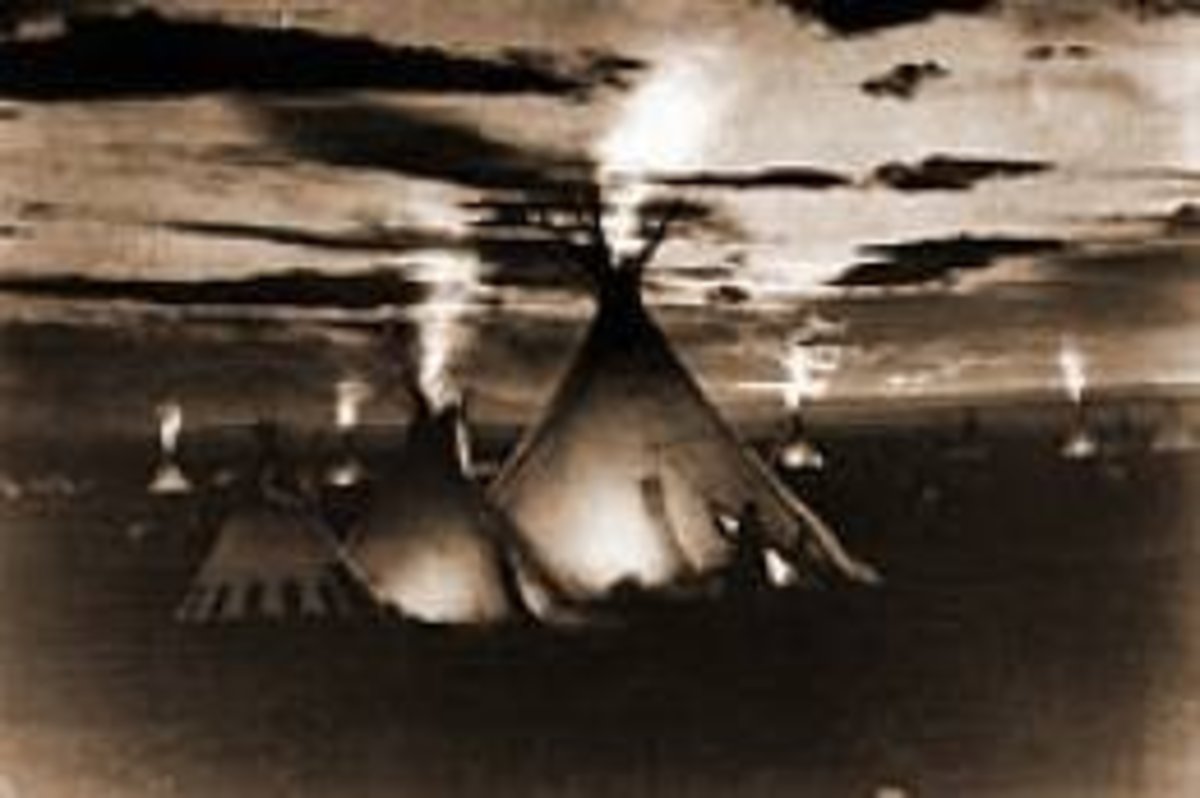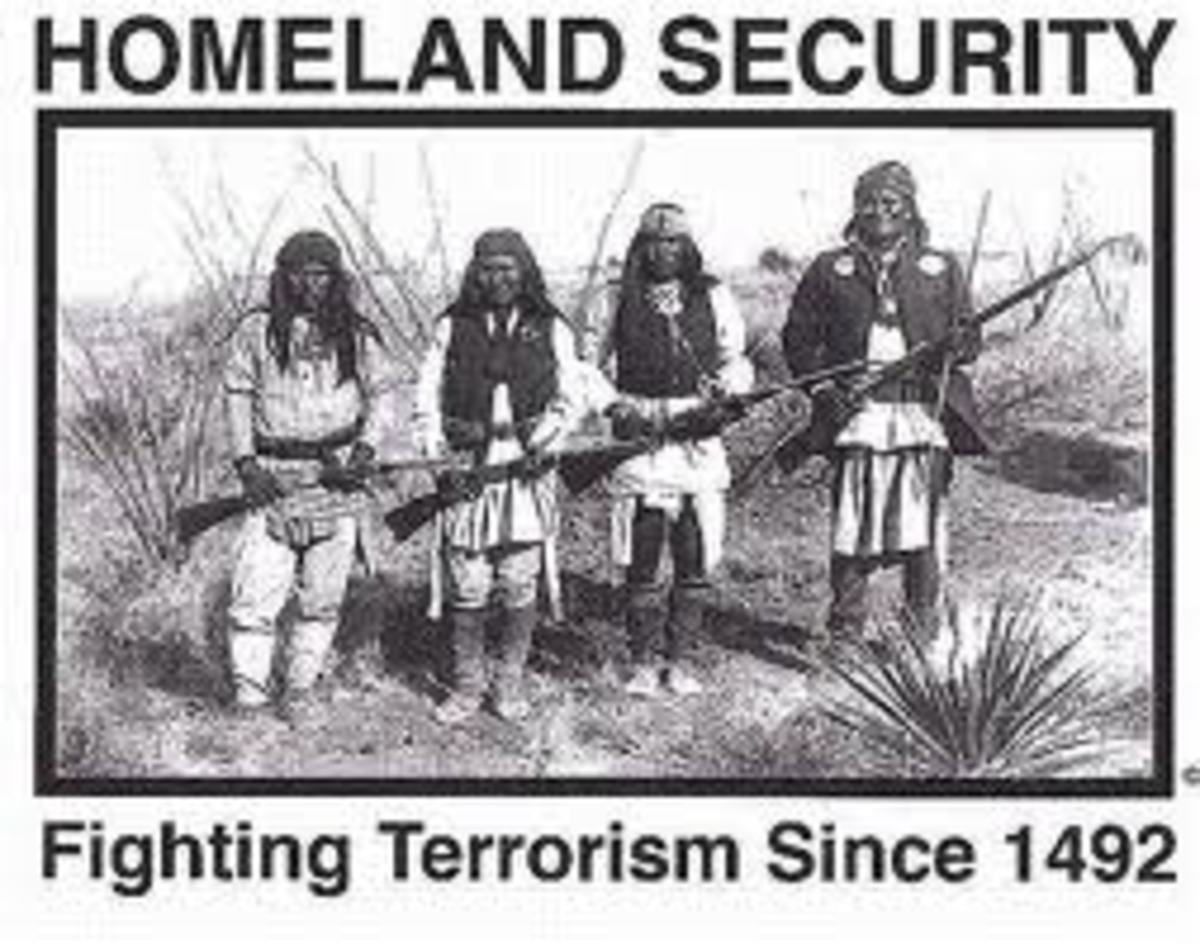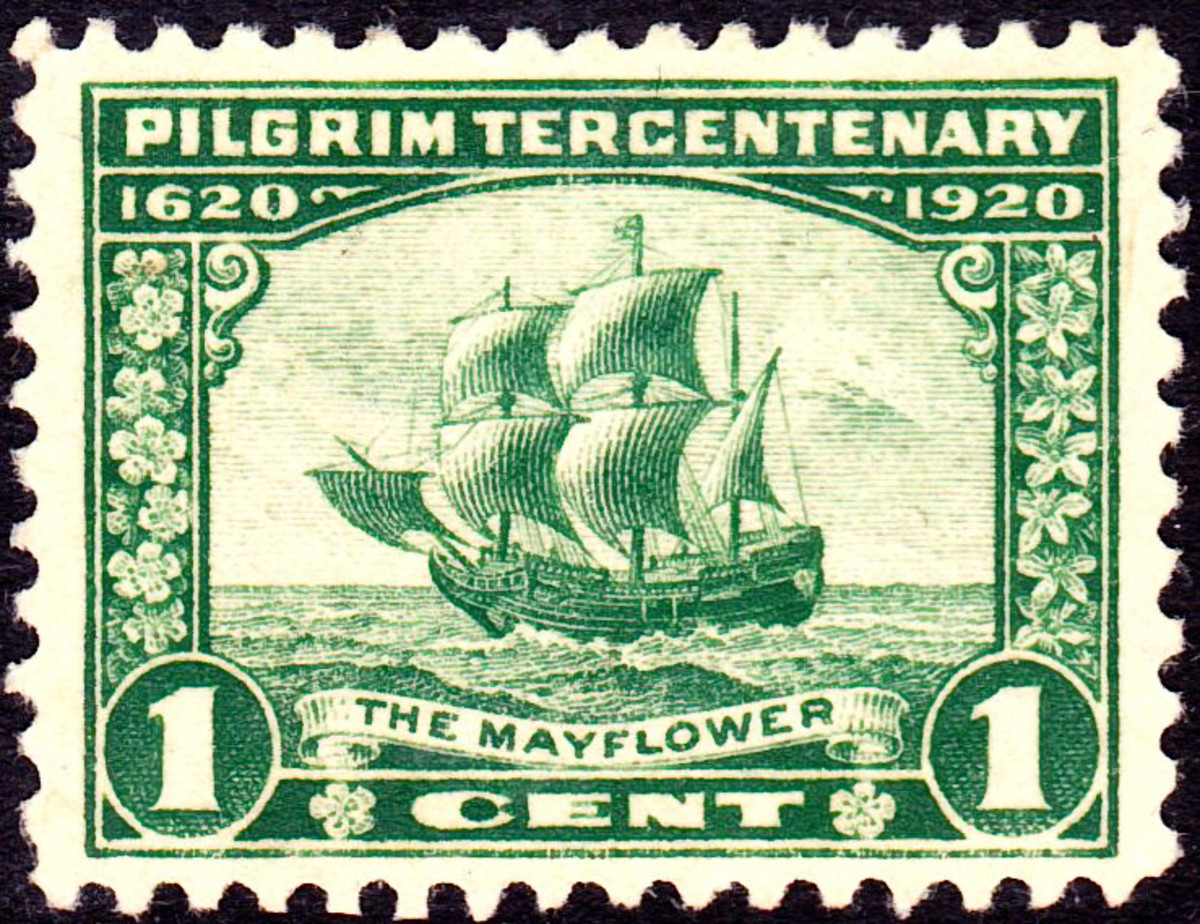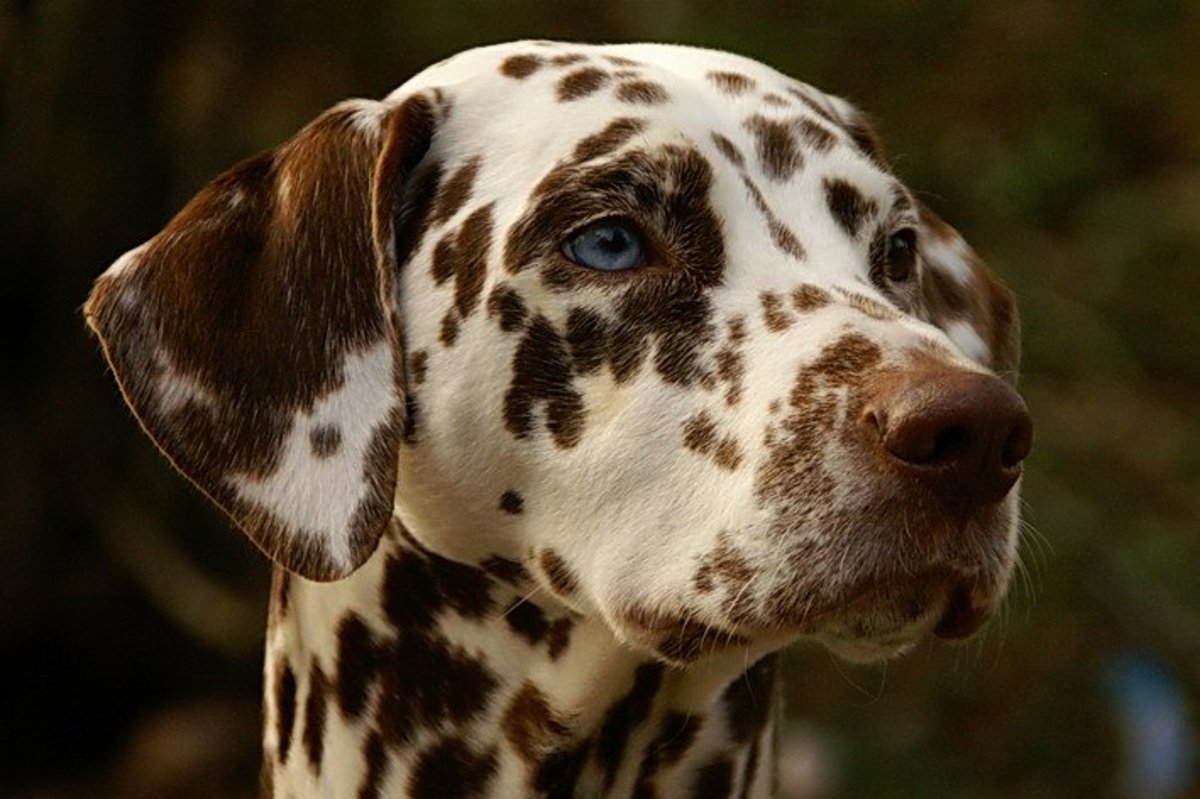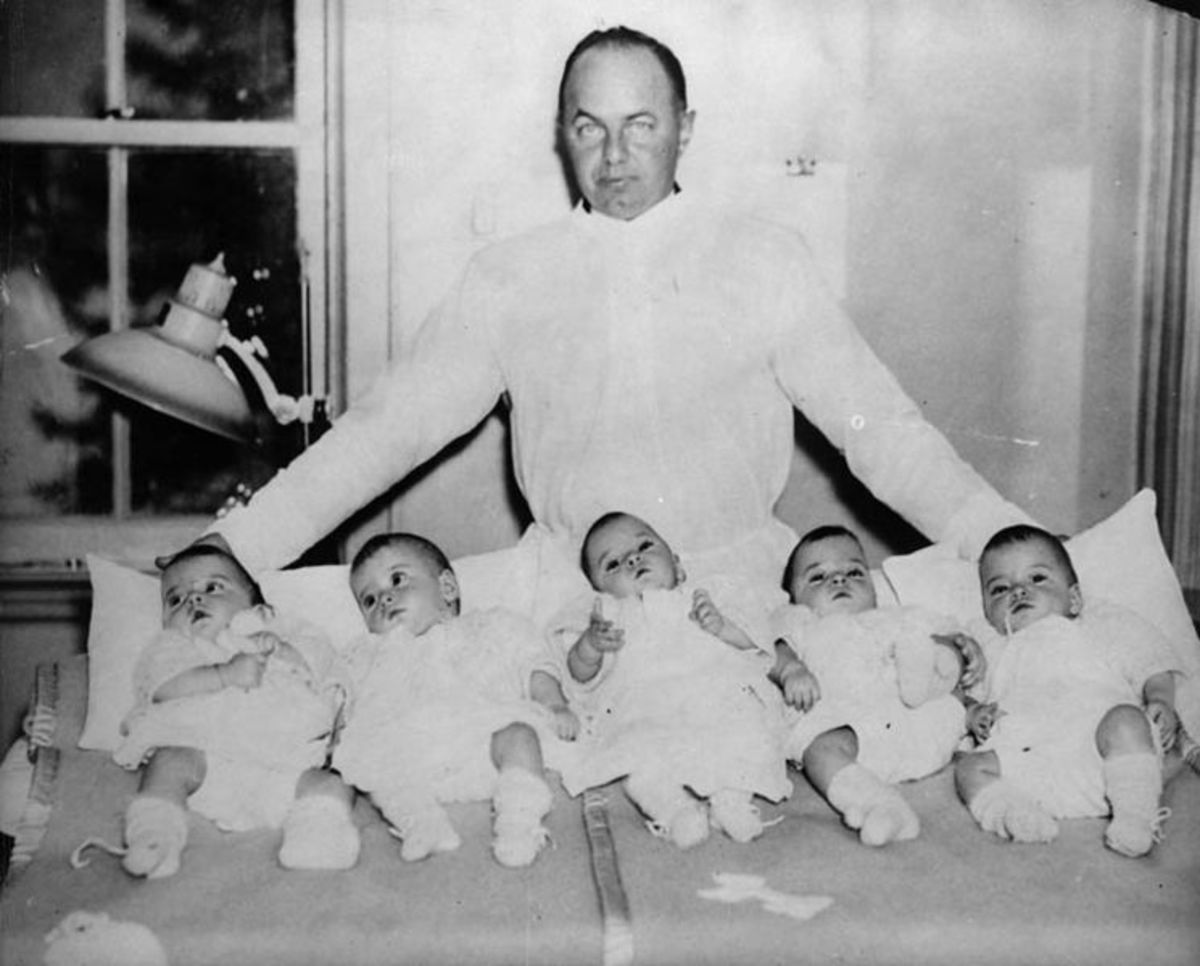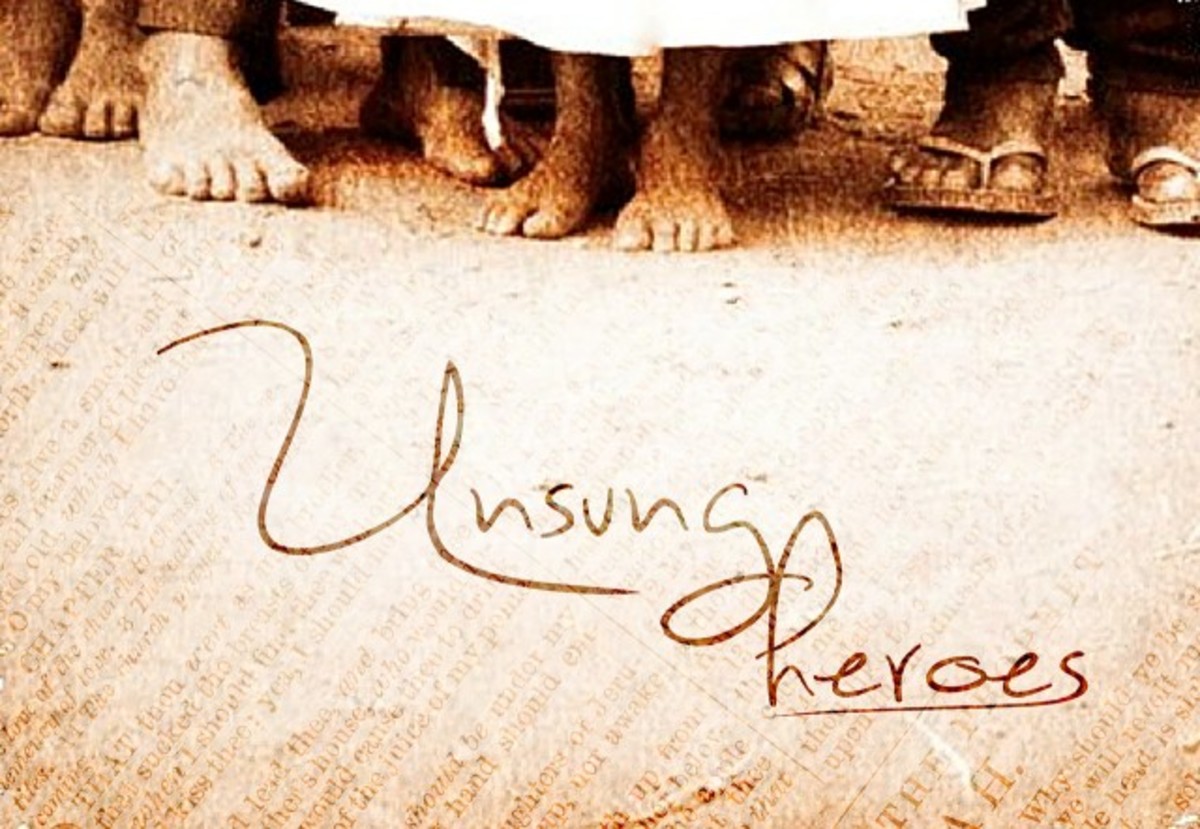Advocacy For Native North Americans
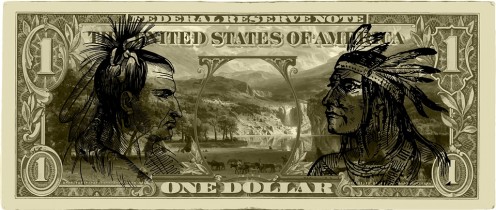
Oklahoma is Home To 51 Groups of Native Americans
The USA and Canada have thousands of groups of Native North Americans and many more than most Americans know. For example:
- Oklahoma federally recognized nations or tribes: 38 groups.
- Oklahoma state recognized nations or tribes: None.
- Oklahoma unrecognized (by US or State Governments) nations or tribes: 13 groups.
(Reference: US Department of the Interior; US Department of Indian Affairs; National Conference of State Legislatures.)


The Role of Guilt Feelings
Many people feel no guilt at all about the plight of many Native North American groups in the United States and Canada. This is supported by the acceptance of those people of Ayn Rand's assertion that people do not own or deserve to stay on any land simply because they were born there. Other people feel differently about the poor treatment and the breaking of treaties by the US Federal Government.
Guilty feelings are useless if they do not spur constructive action.
The effective method? →
- Ask for what you want and what you think is just, fair, and morally right.
- Accept the answer, BUT
- If you don't like the answer, take logical and workable means to change that answer:
- Aim to Do the Most Good to the Most People with Your Request
- Educate (Don't Browbeat) the Public or the Adult Child, Friend, or Other Person
- Be An Example -- Live In a Way That Supports What You are Asking For As Just and Right.
- Use Powerful Examples for History and Current Events
- Describe the Worst Case Scenario If the Request is Denied
- Peacefully Protest
- Initiate Legislation
- Repeat "Initiate Legislation" in a peaceful manner until the matter becomes law and/or custom, even if it takes generations.
All the Peoples Within Me Cry.



I find it useless to feel guilty about what some of my ancestors did to the rest of my ancestors.Perhaps you feel the same way.
My own heritage is 37.5% Mohawk (the German word for Kanienkehaka), 37.5% English-Irish-Scottish, 18.75% French, and 6.25% German. Is your background similar?
My genetics encompasses nearly all of the people, save the Dutch, that were present in what is now the Northeast USA when European settlers arrived and either purchased or took lands from the Mohawk.Most of the ancestors and descendants participated in the French and Indian War, the American Revolution, and the American Civil War. In each war, some "Indian" group lost land. Many went to reservations, farther and farther to the west.
I think that no one is physically forcing people to stay on a reservations, although some public service announcements aimed at teens and young adults encourage these viewers to do so.
Economics may keep some people on a reservation, but I think people need to stay alert to opportunities to leave and/or pursue education; or, to take advantage of online classes, which are funded together with Internet access and computers by the federal government on some reservations. Those that leave can even return and help upgrade the quality of life overall on the reservation. Some of my martial arts students have entered the medical professions and gone to work on reservations and feel that they have made good progress in this endeavor.
Along northern Alaskan shores, the Indigenous Peoples must move about 40 miles inland because their shores are receding under the increasing water levels caused by polar ice-cap melt. It would be logical for the federal or state governments to provide some assistance with that move of several small independent community villages. The National Guard could be called upon, if available. Other people might volunteer to help.
Some Native Americans are angry, especially about cancer-causing oil and oil-tar sands brought to their reservations to cause sickness. How is this much different from the smallpox infested blankets given them by whites?
Some are sad at the rape of the land via strip mining and the destruction of the great buffalo herds in the 1800s by white over-hunting.
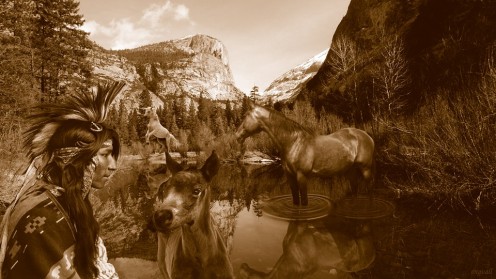
The Mohawk will see the day when birds will fall from the sky, the fish will die in the water, and man will grow ashamed of the way that he had treated his mother and provider, the Earth.
— Prophecy of the Seventh GenerationFrom the Prophecy of the Seventh Generation, stating that after seven generations of living with Europeans, the Mohawk:
"would see the day when birds would fall from the sky, the fish would die in the water, and man would grow ashamed of the way that he had treated his mother and provider, the Earth."
The Columbus, Ohio Native American Indian Center stopped advertising their good works, because each time they did so, their building was burned down.
One Thanksgiving, their supply of food baskets and frozen turkeys, new clothing, toys, and other materials for the needy of all nationalities were stolen and then the building was burned down. Today, they won't tell people where they are until an in-depth phone interview is completed and the Caller ID Number is traced.
Can Americans do better than this?
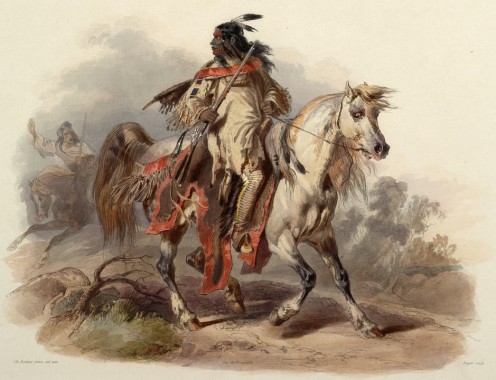
Help Advocate For Human Rights
During the Eisenhower, Kennedy, and Johnson Presidential Administrations, the US Congress attempted to eliminated all tribal group designations in the country as a cost cutting device. The movement failed and all Native Americans were finally given US citizenship in 1964.
Many US States are home to only state-recognized or totally non-recognized Native American groups.
A first step in helping Native Americans would be for the rest of us to write to our congressman at the state and national levels to request official recognition for the rights of these bands, communities, pueblos, and rancherias. This will help to [protect their lands.
Native Groups State by State
Elected Officials at all Levels
Tribal and Non-Tribal Status
Example: The 8 Mohawk Independent Communities
Recognized by the Mohawk Council of Chiefs ©2004:
- Akwesasne/St. Regis* (Quebec, Ontario, a few in NY State)
- Ganienke (a few in New York)
- Kanesatake (Quebec)
- Kahnawake (Quebec)
- Tyendinaga (Ontario)
- Wahta/Gibson (Ontario)
- Kanatsiohareke (New York)
- Ohsweken/Six Nations/Grand River (Ontario) -- Mohawk, Oneida, Onondaga, Cayuga, Seneca, and Tuscarora.
*Only the St. Regis Mohawk Council of Chiefs is recognized by the US government and nearly all of the People are living in the northern part of the reservation, in Canada, where they make up a powerful political party.
© 2008 Patty Inglish MS

